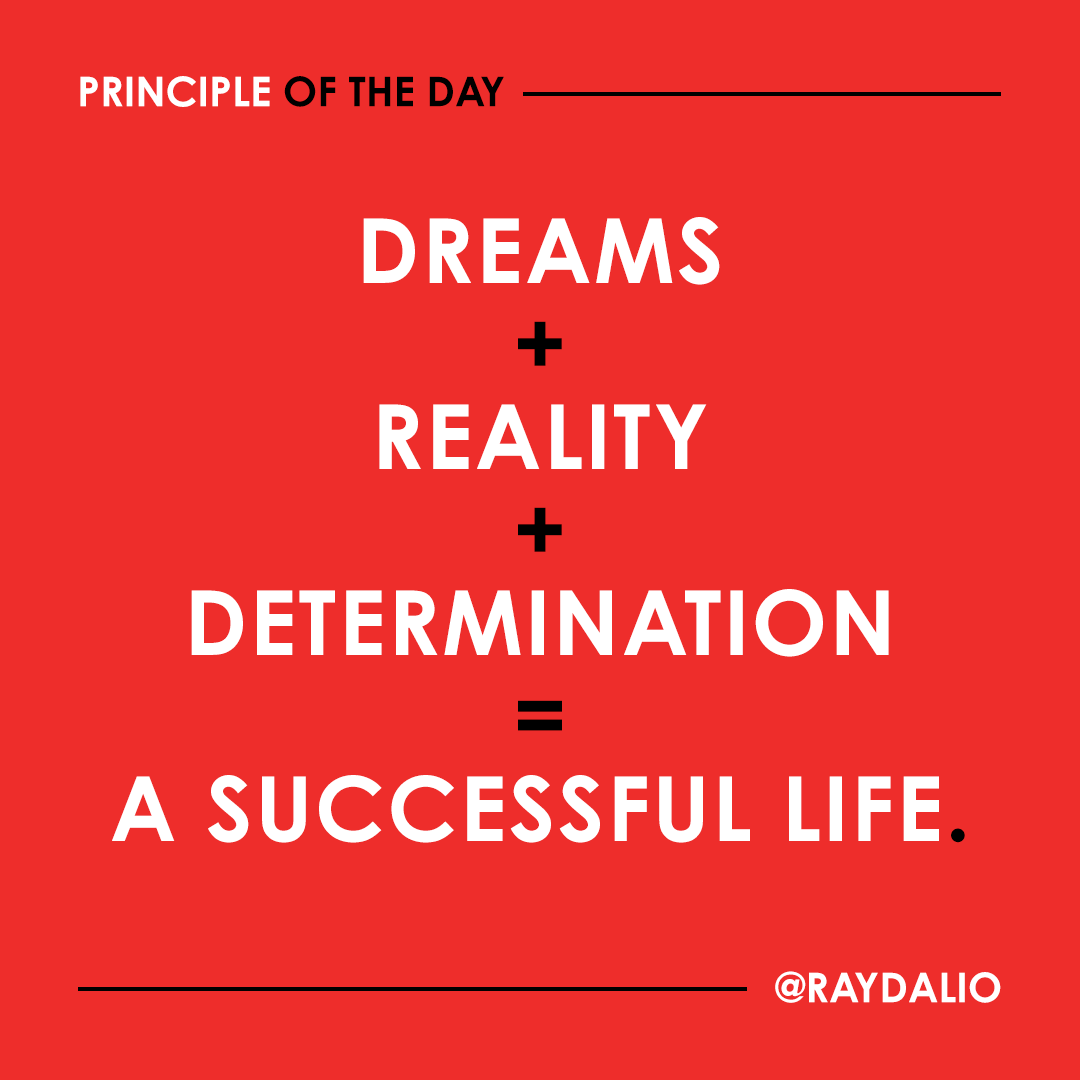
From my perspective of being 71 years old and looking back on my life, its arc, and the life arcs of others, I decided to share the picture of what those life arcs look like with my grandchildren and other loved ones to help them see what they will encounter (1/4)
and plan for how to deal with it. While not all life arcs are the same, most are pretty similar when it comes to the most important things.
I am now passing this along to you because it might help you and your loved ones. You can read about it here. (2/4)
I am now passing this along to you because it might help you and your loved ones. You can read about it here. (2/4)
This exercise is intended to help you put your life in perspective and to plan for the future to help you get the life you want. This perspective has helped me and many people I have shared it with, and I hope you find it helpful as well. (3/4)
• • •
Missing some Tweet in this thread? You can try to
force a refresh







